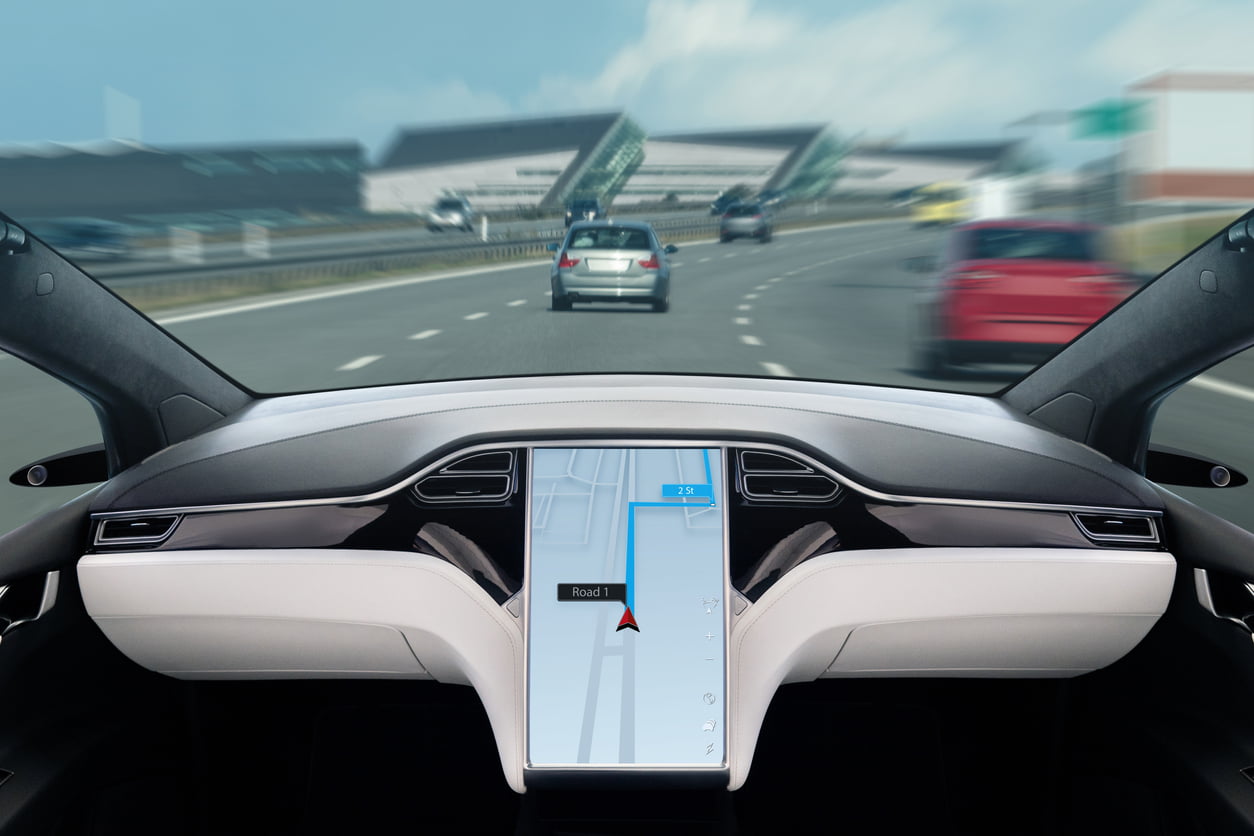
The U.K. has officially passed groundbreaking legislation that sets the stage for the introduction of autonomous vehicles on its roads by 2026. The Automated Vehicles (AV) Act, having received royal assent, now solidifies Britain’s commitment to leading the global charge in autonomous vehicle technology.
The newly enacted AV Act marks a significant milestone in automotive regulation. Transport Secretary Mark Harper emphasized that while the legislation does not compel individuals to relinquish manual driving, it facilitates the integration of self-driving cars on U.K. roads. Harper highlighted the dual benefits of this advancement: enhanced road safety and economic growth.
The act allows for the deployment of fully autonomous vehicles by as early as 2026, demonstrating the U.K.’s proactive approach to adopting and regulating new technologies.
This legislative achievement follows significant financial injections into the sector, with U.K.-based Wayve securing over $1 billion in funding from major entities like SoftBank, Nvidia, and Microsoft. These investments are earmarked for the development of advanced self-learning software systems for autonomous vehicles, underscoring the U.K.’s strategic focus on becoming a hub for automotive innovation.
The U.K.’s journey towards this legislative milestone began years earlier, with the government allowing limited testing of driverless cars under stringent conditions. However, as the technology and market readiness accelerated, it became apparent that a revamped legal framework was necessary.
The AV Act was proposed following comprehensive reviews by the Law Commissions of England, Wales, and Scotland in 2022. These bodies called for new regulatory schemes to address the unique legal implications of autonomous vehicles, highlighting the need for “new vocabulary, new legal actors, and new regulatory schemes.”
Addressing Liability in Autonomous Vehicle Accidents
One of the critical aspects of the AV Act is its approach to liability in the event of accidents involving self-driving cars. The legislation stipulates that corporations, rather than individual drivers, will bear responsibility for mishaps occurring when the vehicle is in autonomous mode. This shift aims to clarify accountability and ensure public trust in the burgeoning technology.
Each autonomous vehicle will be linked to an “authorized self-driving entity,” which could be the manufacturer, software developer, or an insurance company, tasked with oversight when the vehicle operates autonomously.
To support this legislative framework, the U.K. government is establishing a robust vehicle approval system that includes an independent incident investigation function. This system will ensure that all autonomous vehicles and their operators meet stringent safety standards and adhere to ongoing regulatory obligations, reinforcing the safety-first approach to this revolutionary transport paradigm.
Related News:
Featured Image courtesy of Scharfsinn86 via Getty Images/iStockphoto
